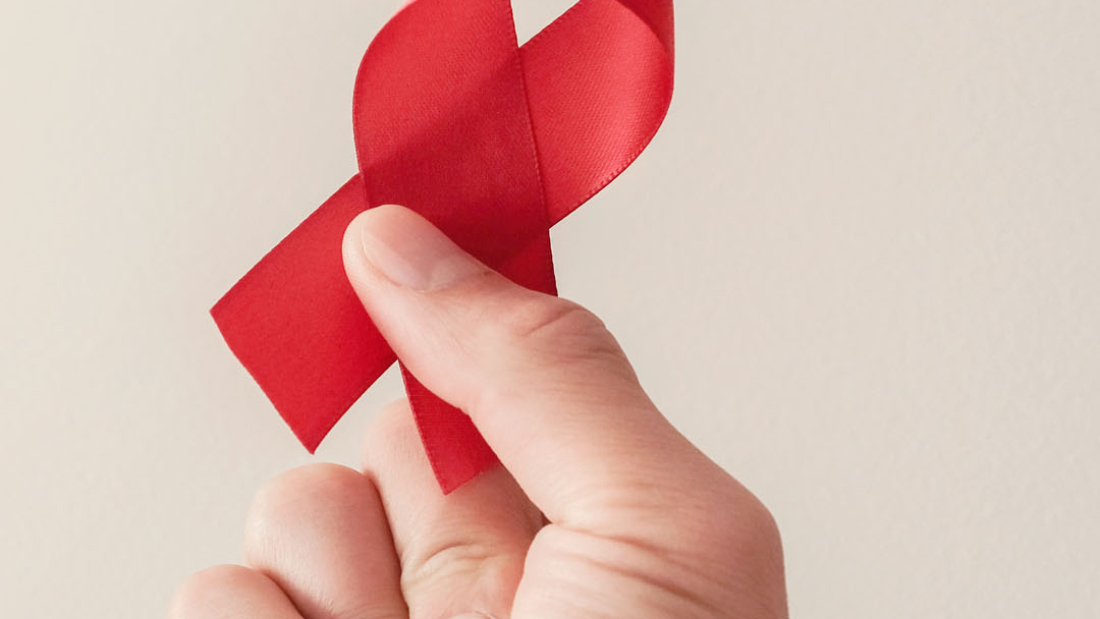The 2020 targets set by UNAIDS to control global HIV/AIDS infection will not be met with “COVID-19 risks blowing HIV progress way off course,” officials reported.
According to the 2020 Global AIDS Update, 1.7 million people worldwide were newly infected in 2019 with HIV, and that was three times higher than the 500,000 targets for 2020, according to the report at the International AIDS Conference virtual meeting.
“We see that 62% of these infections are among marginalized people: This is about men who have sex with men, sex workers, gay men, prisoners, people who inject drugs,” said UNAIDS Executive Director Winnie Byanyima of Uganda during a media briefing. “These are people whose rights are denied; it is about lifting their human rights violations and restrictions so that we give the opportunity to benefit from science. In at least 73 countries, there are laws that criminalize same-sex relationships; in 106 countries we have laws that criminalize personal drug use.”
The 2020 targets set by UNAIDS to control global HIV infection will not be met with “COVID-19 risks blowing HIV progress way off course,” officials reported.
According to the 2020 Global AIDS Update, 1.7 million people worldwide were newly infected in 2019 with HIV, and that was three times higher than the 500,000 targets for 2020, according to the report at the International AIDS Conference virtual meeting.
“We see that 62% of these infections are among marginalized people: This is about men who have sex with men, sex workers, gay men, prisoners, people who inject drugs,” said UNAIDS Executive Director Winnie Byanyima of Uganda during a media briefing. “These are people whose rights are denied; it is about lifting their human rights violations and restrictions so that we give the the opportunity to benefit from science. In at least 73 countries, there are laws that criminalize same sex relationships; in 106 countries we have laws that criminalize personal drug use.”
“We have work to do,” she stated.
In the report’s forward, Byanyima noted that “The COVID-19 pandemic has changed our world immeasurably over the past six months,” but she also pointed out that “Our progress towards ending AIDS as a public health threat by 2030 was already off track before the COVID-19 outbreak…Modelling conducted on behalf of UNAIDS and the World Health Organization [WHO] has shown that a six-month disruption to medical supplies could result in an additional 500 000 AIDS-related deaths in sub-Saharan Africa alone by the end of 2021.”
She also stressed that closed borders and lockdowns, as well as restrictions on travel, are “dismantling the community operations built up over years to bring HIV medicine to patients who need therapy.”
“One disease should not be sacrificed for another,” Byanyima said.
WHO Director-General Tedros Adhanom Ghebreyesus, PhD, agreed: “While tackling COVID-19 is a global emergency, we must not turn out backs on the 38 million people living with HIV and the millions more at risk of infection.”
“WHO is deeply concerned about the impact COVID-19 has had on the global response to HIV. A new WHO survey shows that access to HIV medicines has been significantly curtailed as reason of the COVID pandemic,” Tedros stated.
He said that 73 countries have reported that they are running out of HIV medications. “To mitigate the impact of the pandemic on antiretroviral access, WHO recommended that all countries prescribe antiretrovirals for longer periods time — up to 6 months,” Tedros said. He also suggested stockpiling condoms and drugs used for pre-exposure prophylaxis.
The UNAIDS program has three objectives, known as the 90-90-90 targets:
- Diagnosis 90% of individuals with an HIV infection in each country
- Start 90% of these diagnosed patients with antiretroviral therapy (ART)
- Get 90% of the patients on medication to reduce their HIV viral load to undetectable levels
Currently, 38 million people worldwide have HIV infections, and 25.4 million of them are on treatment, according to the report, yet 12.6 million are not treated.
Additionally, HIV still impacts girls and women disproportionately. “I am sad to say that women and girls in Africa continue to be the most affected with 59% of all new infection, and we know why: It is caused by gender inequalities, gender-based violence, it is structural barriers that limit girls’ safety; they are not safe in school; they are not safe at home. We can do more for women and girls,” Byanyima emphasized.
Byanyima pointed out that the report does show progress in terms of expanding access to ART, with sub-Saharan Africa showing the most improvement.
“Infections in sub-Saharan Africa has been reduced by 38% in the last 10 years, which is above the global average of a reduction of 23%,” she said. “But we see other regions where the direction of infections is in the other direction: Eastern Europe and Central Asia is going up by 72%, and in Latin America the infection rate is up 21%.”
And the African nation of Eswatini, formerly known as Swaziland, has achieved its 90-90-90 targets along with its 95-95-95 targets, Byanyima said.
Another sign of hope: In 2019, Botswana decriminalized same sex relationships, and laws are moving forward in Gabon to do the same.
“So there is progress, but not enough,” Byanyima stated.
Source – https://www.medpagetoday.com/meetingcoverage/iac/87431


Add a Comment